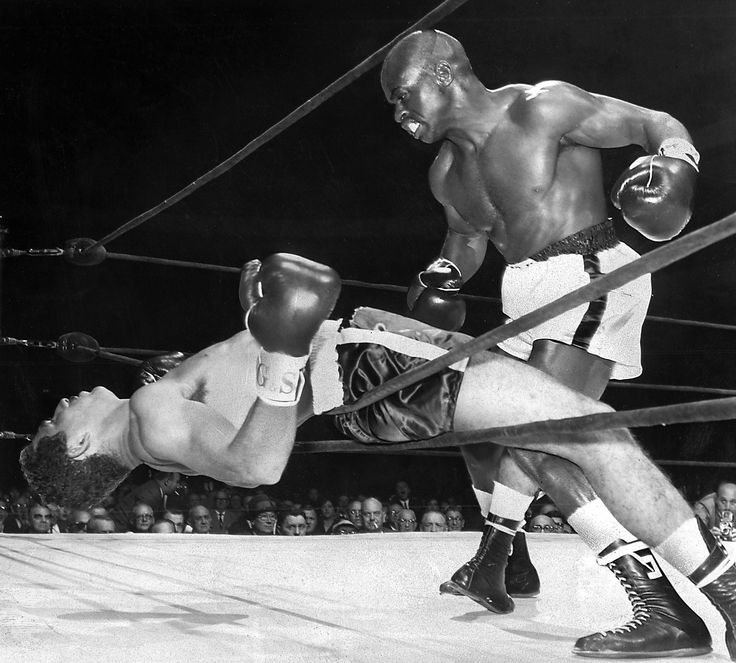

In 1999 Carter was played by Denzel Washington in a film, Hurricane, directed by the Canadian Norman Jewison. He moved to Toronto, married the head of the commune, Lisa Peters, and became executive director of the Association in Defence of the Wrongly Convicted, but he eventually left Peters and the commune. Artis had been paroled in 1981, and since Carter might be eligible soon, after losing appeals New Jersey declined to prosecute a third time. Numerous appeals failed until, in 1985, a federal judge ruled that the revenge motive had "fatally infected" the trial, and that prosecutors had withheld information about Bello's uncertain testimony. Carter had attracted a group from a Toronto commune, who worked tirelessly on his behalf.
Rubin carter american boxer trial#
The birth of his second childtwo days after the trial ended did not stop his wife, Mae Thelma, filing for divorce after learning of his romances with supporters.
Rubin carter american boxer free#
While free on appeal, however, Carter attacked a woman whom Ali had sent to him to help with fundraising, and that cost him much support. The jury, which included two black men, convicted him again. But at trial Bello recanted his recantation, and two of Carter's alibi witnesses also recanted. At his second trial, prosecutors alleged a new motive, revenge for the murder of the black owner of another bar by the white man who had sold it to him the dead man was the stepfather of one of Carter's friends. Copies sent to celebrities such as Muhammad Ali and Dylan attracted support, and after Bello and Bradley recanted their identifications, in 1976 the state supreme court overturned his conviction. He worked on appeals, and on a biography, The Sixteenth Round (1974). In prison Carter was far from a model inmate, but in 1971 he acted to defuse a prison riot and may have saved the life of a prison guard. Far from being "the number one contender for the middleweight crown" as the Dylan song had it, at the time of his conviction he had triumphed in only five of his last 12 fights. In 1965, Carter fought twice at the Royal Albert Hall in London, beating Harry Scott by a technical knockout, and then losing the rematch on the referee's decision a month later, after knocking Scott down in the first round. Two more wins, including an impressive decision over future heavyweight champ Jimmy Ellis, led to a title shot against the middleweight champion Joey Giardello, who controlled the 15-round fight and won a unanimous decision. His record was 17-4 when, in 1963, he surprised welterweight champion Emile Griffith with a first-round knockout. Moved to a school for problem students, Rubin was 11 when he stabbed and robbed a man he later said tried to abuse him.īob Dylan's single of Hurricane, 1975. A strict disciplinarian, he turned Rubin in to the police when, at the age of nine, he stole clothes from a store. An all-white jury found both men guilty, but recommended against the death penalty Carter was sentenced to life in prison.īorn in nearby Clifton to Bertha and Lloyd Carter, Rubin grew up in Paterson, where his father, a church deacon, worked in a factory while running an ice-delivery business. Seeing the shooters flee the bar, Bello ran inside and looted the cash register before calling police. Alfred Bello had been standing lookout while Arthur Dexter Bradley tried to burgle a nearby factory. Most tendentious was the identification of Carter by two petty criminals, who had been offered reduced sentences in exchange for testimony. Although there was, in the words of Carter's lawyer, "a mountain" of circumstantial evidence against them, much of it came with problems attached, due to sloppy forensic work and the possibility that witnesses had been coached retrospectively.

He and Artis were questioned, given inconclusive lie detector tests, and, when the shooting's survivor failed to identify Carter, released again.įour months later, they were charged with the murders. But after a witness gave a more detailed description of a car with distinctive tail lights and out-of-state licence plates, the police returned to Carter. Carter and John Artis had been stopped by police but let go because there was a third man in the car. At 2.30am on 17 June, two black men entered the bar and shot dead three people, seriously wounding another, before escaping in a new-model white Dodge Polara. Although the Lafayette Bar and Grill adjoined a black neighbourhood, it did not serve black people. In 1966, a year before massive riots in nearby Newark changed its makeup forever, Paterson was a town strictly divided between races.


 0 kommentar(er)
0 kommentar(er)
